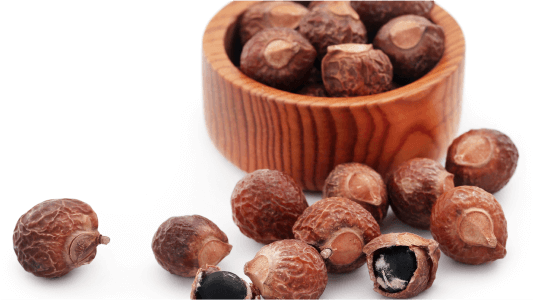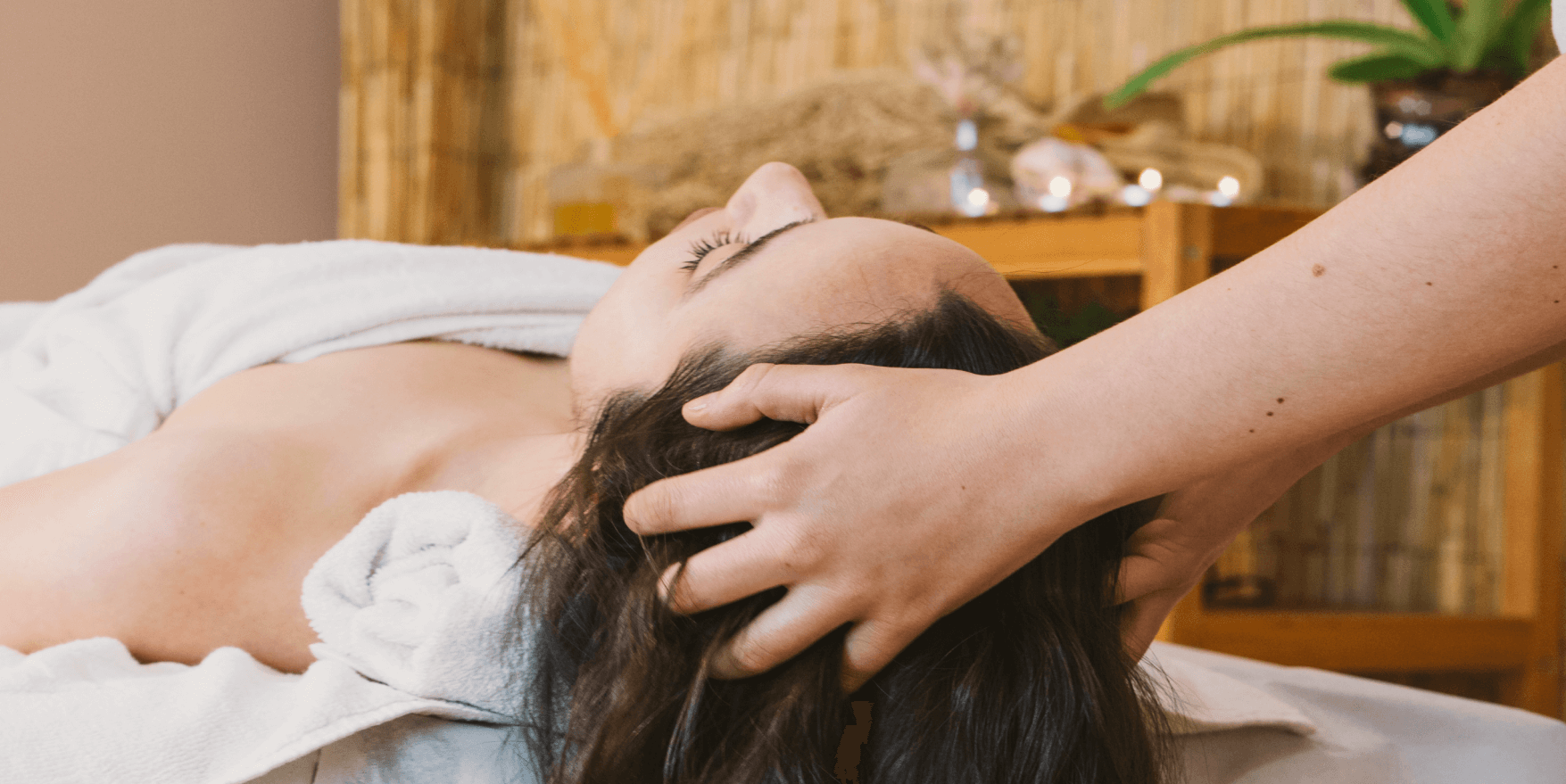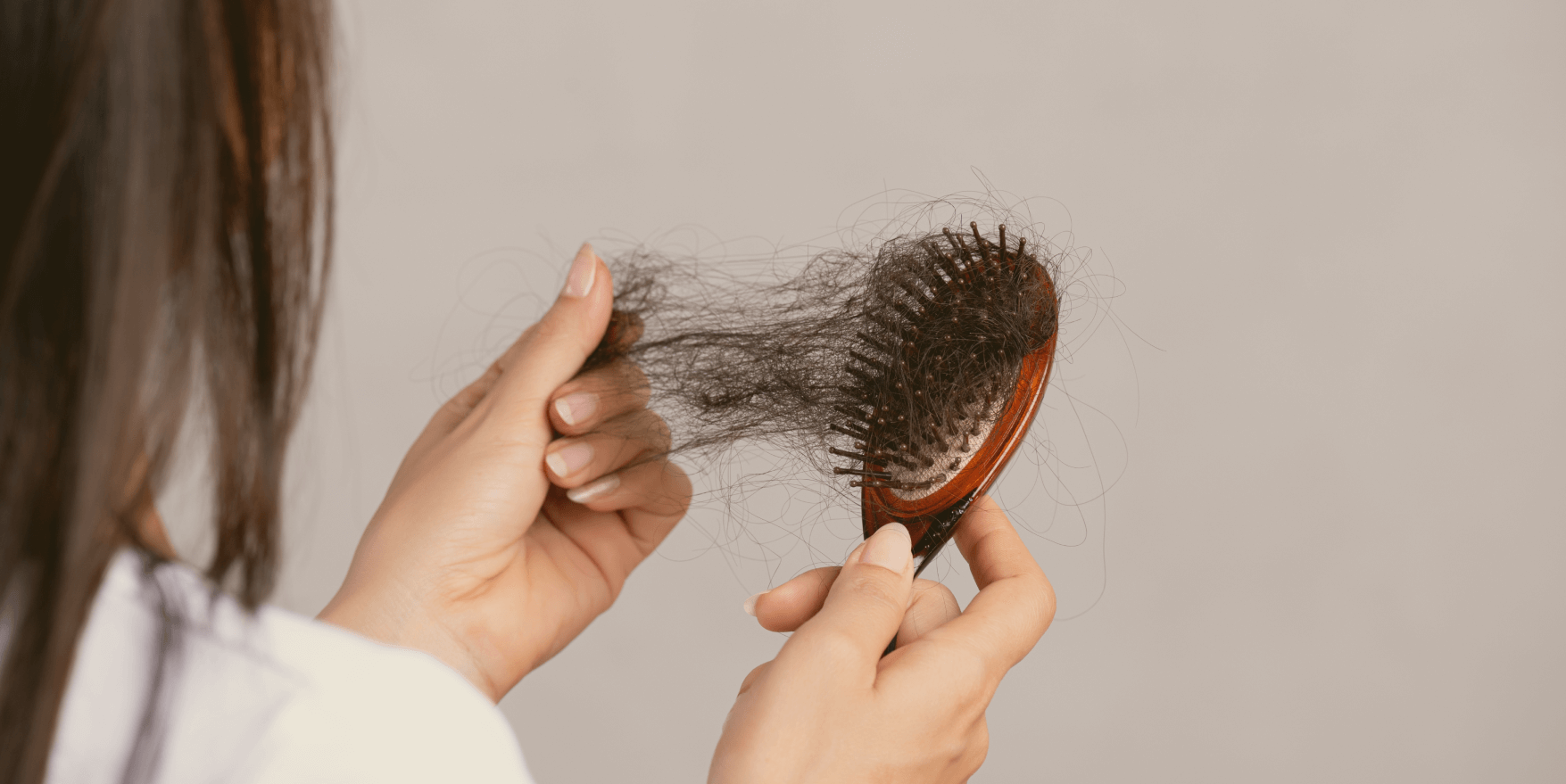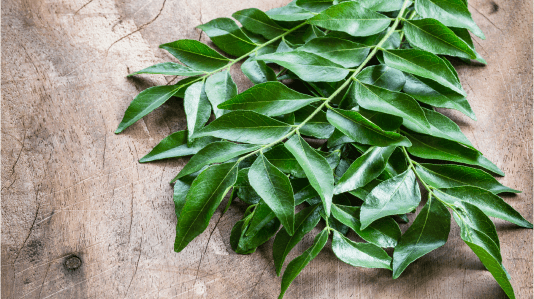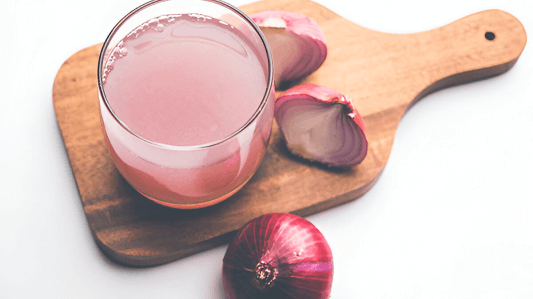The arrival of a newborn brings unimaginable joy and promises to new mothers. As much joy as the phase of motherhood brings to a woman, she experiences the postpartum phase as it has lots more in store, among the many aspects like sleepless nights, breastfeeding or bottle-feeding, frequent diaper changes, changes in the physical and mental health of new mothers like hair fall, weight gain, stretch marks and more, which are completely normal to go through. In this blog, we will be discussing hair fall mainly and the importance of postpartum hair loss treatment, to retain those beautiful tresses through your stressful, yet happy new phase of motherhood!
Enough of your worries about the hair fall post-delivery, as there is help all throughout this phase of life. Here is a list of postpartum hair loss remedies that will help ease your worries:
A new mother must eat nutrient-rich food, especially during the first 40 days post-delivery, as you not only have to provide for your newborn, but also care for your health, including keeping excessive hair fall in check.
Some shampoos contain vital proteins and nutrients that give natural binding and coat the hair follicles, adding a protective barrier as well as making it look fuller.
Washing your hair with shampoo is not enough, ensure to use a scrub as a pack for removing the debris covering the hair follicles, which also is a major reason for hair fall. Post scrubbing and shampooing, using a conditioner also is important as it contains a lighter formula that does not affect the hair, and protects your hair. Also ensure to avoid conditioners labelled ‘Intensive conditioning’, as they have heavy chemicals.
Use a hair oil regularly, around 2 to 3 times a week for gentle massages, giving strength and nutrition to your hair, as your body is already undergoing several hormonal changes during your postpartum phase. This ensures the strengthening of your hair from root to tip. Ensure to use hair oil like Samasti hair oil as it is highly recommended for new mothers, for their benefits from the natural ingredients.
Apart from the above treatment that can be followed at home, you can look for clinical options that will help you overcome post-partum hair fall.
As mentioned earlier, postpartum hair fall is temporary and following the natural way is not only safe but effective. Ensure to follow these measures after careful consideration and at the advice of your doctors, as a last resort.
Scientifically, a woman’s body undergoes immense changes after the process of childbirth, and while stepping into the phase of motherhood. Here there is a sudden dip in the estrogen and progesterone levels that may be a major reason for loss of hair after delivery.
The transition from the pregnancy to the motherhood phase may not always be a smooth sailing one. With loss of sleep, and hampered timetable, emotional and physical strain exerted on your body at its recovery stage, may be too much to handle for some. This is when your body as a new mother undergoes major changes and leads to stress. This stressful condition can trigger hair follicles to fall off in larger quantities than usual.
Similarly, thyroid disorders, like hypo or hyperthyroidism, can sometimes cause hair fall problems. There is a disturbance in the hormone balance, in turn affecting the hair causing post-pregnancy hair thinning conditions. Undergoing postpartum hair treatment for thyroid problems can help revive the hair.
Nurturing an infant is no joke as the nutrients for the child being breastfed extract all the essential nutrients from the mother to provide the complete package of nutrition for the baby’s growth. Especially deficiencies are caused due to the lack of nutrients like Zinc, Biotin, Iron, Magnesium and Vitamin D, all cause loss of hair after delivery.
This is a regular condition that occurs in new mothers where a large number hair follicles prematurely are at the resting stage, causing excess hair fall or excessive shedding. Some external factors like stress, irregular sleeping and eating patterns, some medicines and hormonal changes affect hair growth after pregnancy.
Some cases are genetics-related, where your hair fall may sometimes result from your genes acquired from previous generations with the same conditions. While the genetic make-up cannot be reversed, with proper postpartum hair loss treatment, your hair fall problems can be reduced and maintained.
Motherhood is rather a demanding job, as you have to provide constant attention to the young one. However, if you plan your self-care with adequate rest, managing your stress and eating healthy foods can boost your metabolism and provide you nourishment to fight against hair fall and other problems.
